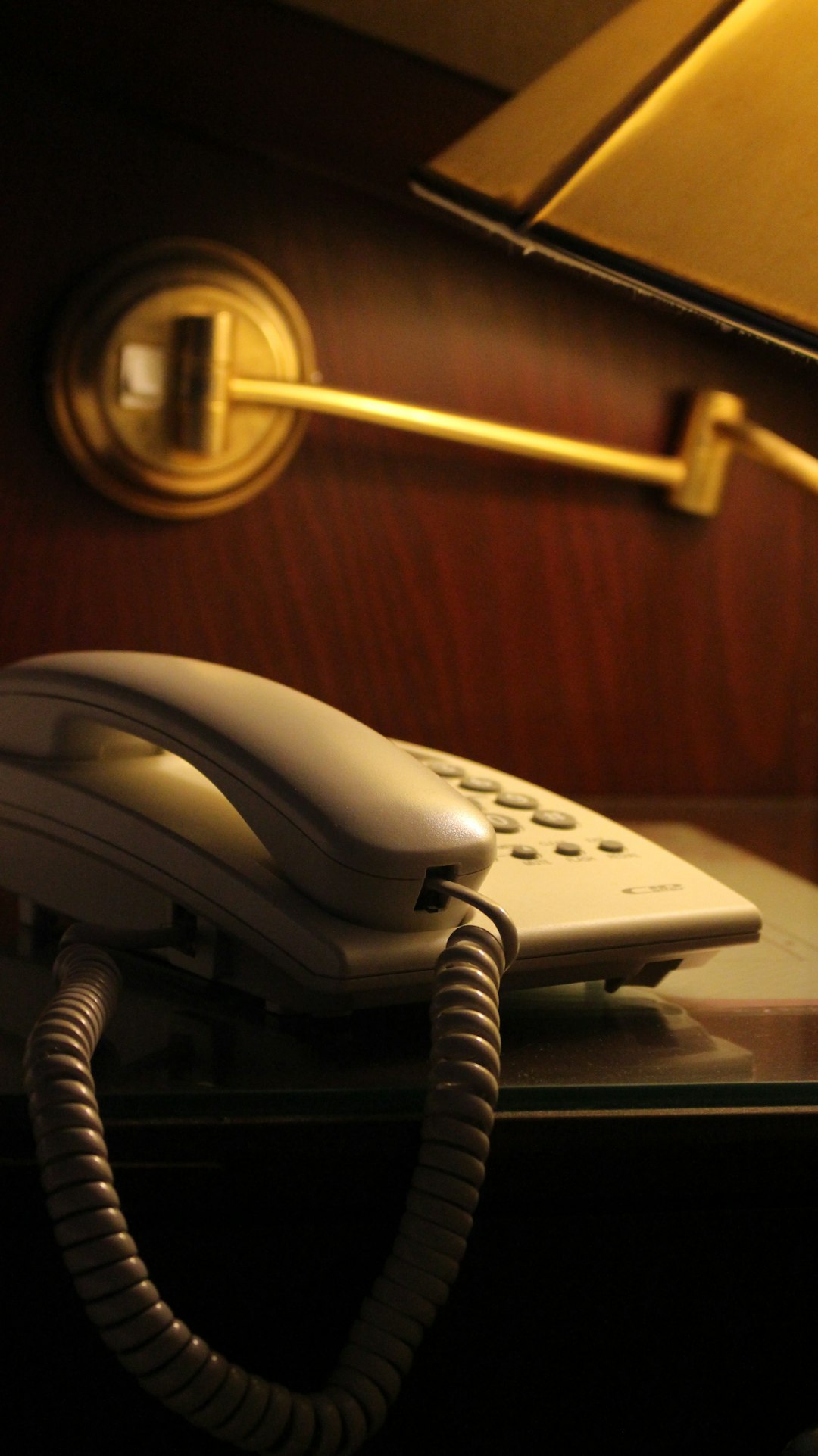Maryland consumers are protected by strict state and federal laws against aggressive debt collection tactics. The Fair Debt Collection Practices Act (FDCPA) and Maryland Consumer Credit Code ensure fair treatment, preventing harassment and false representations. A specialized lawyer in Maryland can guide individuals with unfair experiences, navigate complaints, and pursue legal action for damages or to stop harassing behavior. These laws also provide rights like debt verification and restrictions on collector tactics. Violators face consequences, including fines and license revocation. Selecting a qualified lawyer with experience in Maryland's debt collection laws is crucial for effective representation.
In Maryland, understanding the boundaries of debt collection practices is crucial to protecting your rights. This guide delves into the state’s laws governing debt collectors and outlines unfair tactics that are strictly prohibited. Learn about your consumer rights and the consequences for debt collectors who engage in unethical behavior. Additionally, discover key tips on choosing a qualified lawyer specializing in Maryland debt collector issues to ensure fair representation.
Maryland Laws Governing Debt Collection Practices

In Maryland, debt collection practices are governed by both state and federal laws designed to protect consumers from unfair or abusive tactics. The Maryland Attorney General’s Office plays a crucial role in enforcing these regulations, ensuring that debt collectors adhere to ethical standards. Key legislation includes the Fair Debt Collection Practices Act (FDCPA), which prohibits harassment, false representations, and unfair methods in the collection of debts. Additionally, the Maryland Consumer Credit Code provides further protections against abusive practices.
If you’ve encountered unfair debt collection practices, it’s advisable to consult a lawyer specializing in representing debtors. A qualified lawyer for debt collectors in Maryland can help navigate the legal landscape, assert your rights under these laws, and potentially seek compensation or other remedies if your rights have been violated. They can guide you through the process of understanding your options and advocating for fair treatment.
Unfair Debt Collection Tactics Banned in Maryland

In Maryland, unfair debt collection tactics are strictly regulated to protect consumers from aggressive and abusive practices. According to state laws, a lawyer for a debt collector in Maryland must adhere to ethical guidelines that prohibit harmful actions such as threatening language, false or misleading statements, and harassment. These regulations ensure that residents facing debt collection efforts receive fair treatment and have legal recourse if their rights are violated.
If you believe a debt collector has employed unfair tactics, it is crucial to consult with an experienced lawyer for debt collector laws in Maryland. They can guide you through the process of filing a complaint with relevant authorities and pursuing potential legal action to recover damages or stop harassing behavior. Staying informed about your rights is essential in navigating complex debt collection issues effectively.
Consumer Rights When Dealing with Debt Collectors

When dealing with debt collectors in Maryland, consumers have specific rights protected by both state and federal laws. It’s crucial to understand these rights to ensure fair treatment and avoid any unfair practices. One key right is the ability to verify the debt and request validation from the collector. Consumers are entitled to know the amount they owe, the name of the original creditor, and a statement of the unpaid balance.
Additionally, Maryland law restricts the tactics debt collectors can use. They must refrain from using abusive, threatening, or harassing language, and they cannot call you at unreasonable times or places, such as before 8 a.m. or after 9 p.m., or contact you at work if you’ve requested otherwise. If you feel your rights have been violated, consulting with a lawyer specializing in debt collector laws in Maryland can help you understand your options and take appropriate action.
Consequences for Debt Collectors Engaging in Unfair Practices

If a debt collector in Maryland is found engaging in unfair practices, severe consequences can ensue. Such actions can lead to legal repercussions, including substantial fines and penalties imposed by the state regulatory bodies. Individuals affected by these unethical behaviors have the right to seek legal recourse with the assistance of a qualified lawyer for debt collectors in Maryland.
The Consumer Financial Protection Bureau (CFPB) and the Maryland Attorney General’s Office actively monitor and enforce fair debt collection practices. Debt collectors found violating consumer rights may face lawsuits, leading to substantial monetary judgments against them. Additionally, their licenses to operate in the state could be revoked, effectively ending their debt collection operations.
How to Choose a Lawyer for Debt Collector Issues in Maryland

When facing debt collection issues in Maryland, selecting the right lawyer is crucial. Start by researching and identifying attorneys who specialize in consumer law or have experience with debt collector unfair practices cases. Check their credentials, reviews, and case history to ensure they possess the expertise you need. Many legal professionals offer initial consultations for free, allowing you to discuss your situation and gauge their understanding of Maryland’s debt collection laws.
During your consultation, ask about their approach to handling such cases. Look for a lawyer who is familiar with local regulations, willing to negotiate on your behalf, and has a proven track record of successfully resolving debt collector disputes. Effective communication and clear expectations are essential, so choose an attorney who listens actively and provides transparent updates throughout the process.






